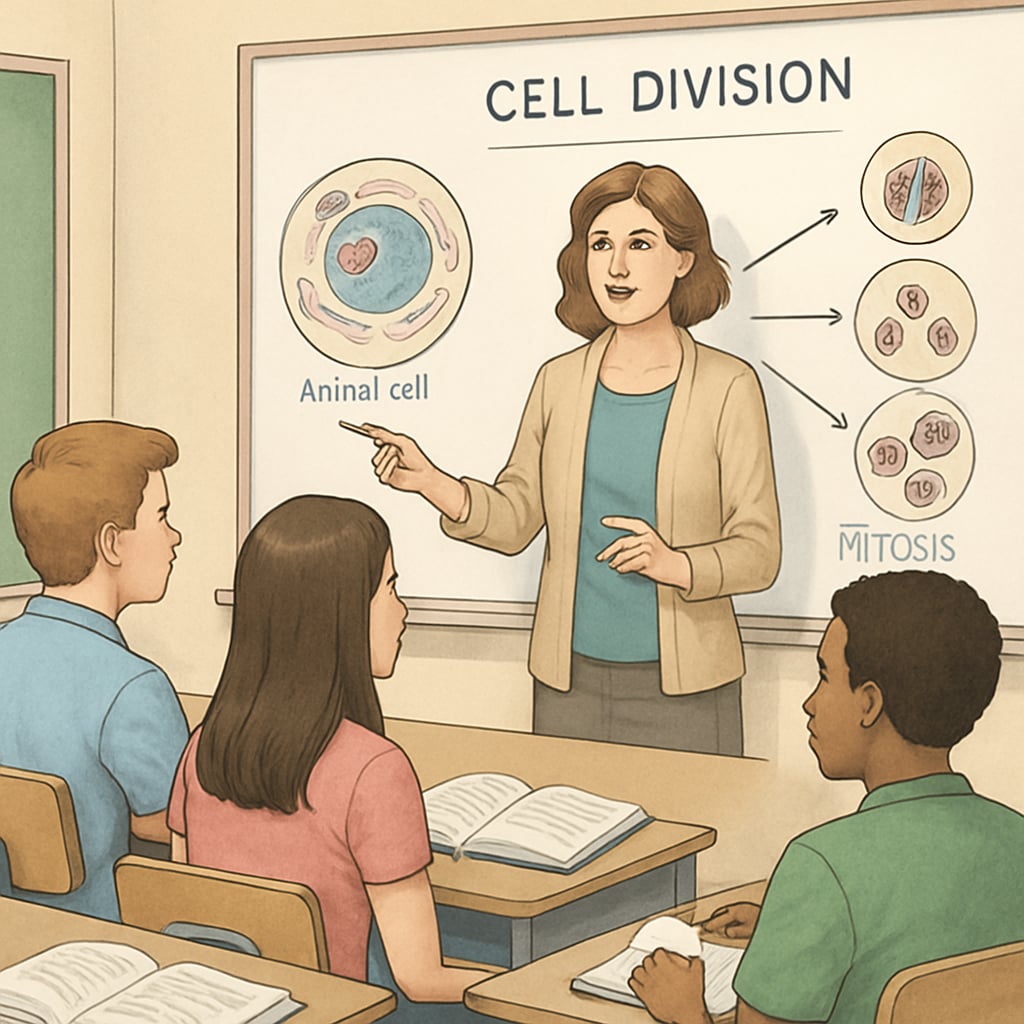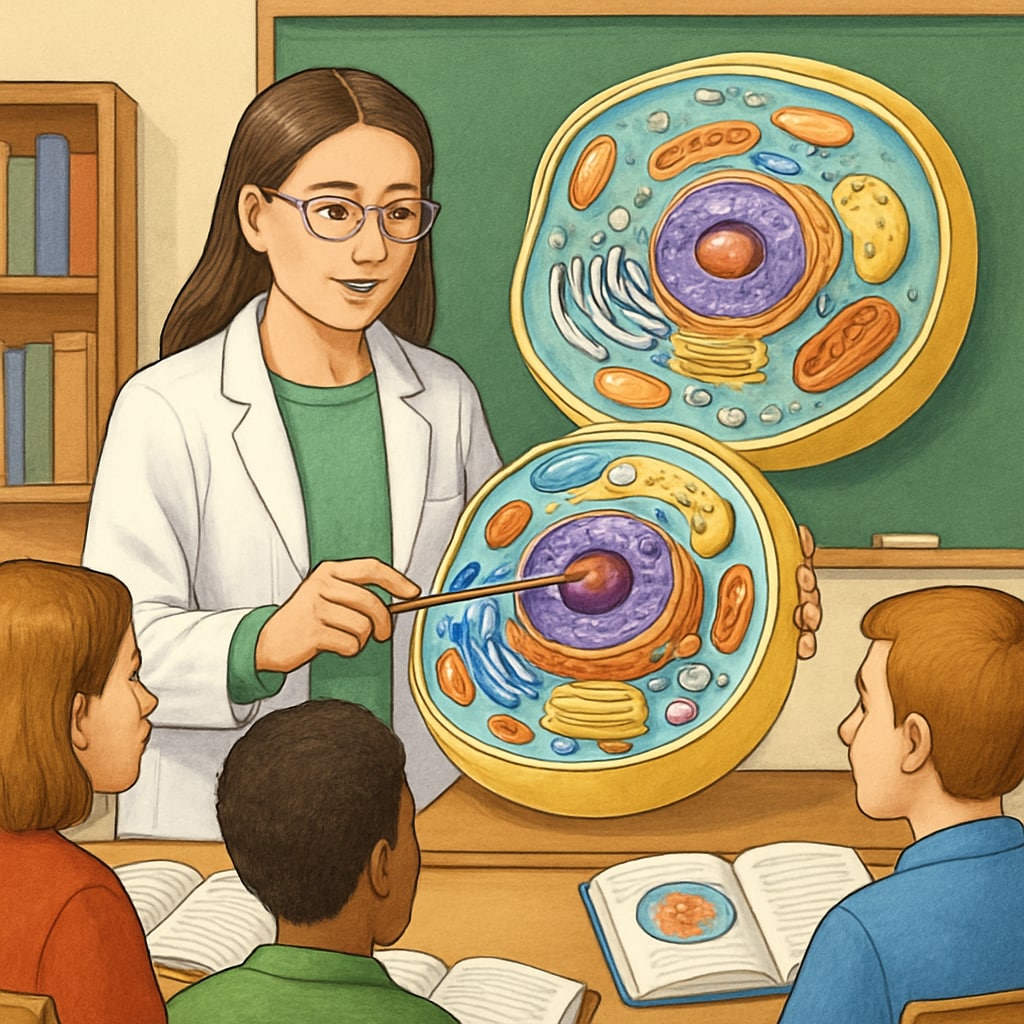For students majoring in biology, the possibility of transitioning into education can be an inspiring yet daunting prospect. The shift from studying cells under a microscope to teaching concepts in a classroom not only requires a passion for learning but also an understanding of the complexities of professional conversion. This article delves into the feasibility of such a career shift, examines the advantages and challenges, and outlines practical steps for biology students aiming to pursue an education-focused path, including options like enrolling in an education master’s program.
The Potential of Transition: Why Biology Students Can Excel in Education
Biology students possess a unique skill set that can make them valuable contributors to the education sector. Their expertise in scientific reasoning, critical thinking, and data analysis provides a strong foundation for teaching complex concepts. Furthermore, their familiarity with laboratory work and experimentation can inspire hands-on learning opportunities for students in classrooms.
In addition, the demand for STEM (Science, Technology, Engineering, and Mathematics) educators continues to rise globally. According to Britannica, STEM education plays a critical role in equipping the next generation with the skills needed for a rapidly evolving job market. As a result, biology graduates have the potential to fill the growing need for knowledgeable and passionate science teachers.

Challenges of a Professional Switch: Bridging the Gap
While the transition into education offers numerous opportunities, it also poses challenges that require careful consideration. One significant hurdle is the need for additional qualifications. Most educational systems require teaching credentials or an education-focused master’s degree, such as an Education Master’s program, to qualify for teaching positions.
Additionally, the shift from an academic or research-focused biology background to a teaching role requires the development of new skills. Effective communication, classroom management, and adaptability to different learning styles are crucial for success in education. These skills may not have been emphasized during undergraduate biology programs and may require dedicated effort to acquire.
Finally, biology students may face doubts about leaving behind potential careers in research or healthcare. However, it is essential to recognize that teaching can be equally impactful and fulfilling, providing an opportunity to shape young minds and inspire future scientists.
Practical Steps for Transitioning into Education
For biology students considering a shift into education, there are several actionable steps to ensure a successful transition:
- Pursue Relevant Qualifications: Enroll in programs such as an Education Master’s degree to gain the necessary credentials and pedagogical knowledge.
- Gain Experience: Volunteer in schools, offer tutoring services, or participate in teaching workshops to build hands-on experience.
- Leverage Your Expertise: Highlight your biology background to stand out in the STEM education field. Demonstrate how your scientific knowledge can enhance classroom learning.
- Build a Network: Connect with educators and professionals in the teaching field to learn from their experiences and explore opportunities.
By taking these steps, biology students can build a strong foundation for their teaching careers while addressing the challenges of professional conversion.

Conclusion: Making the Leap from Cells to Classrooms
The transition from studying biology to pursuing a career in education is not only feasible but also highly rewarding. While challenges such as acquiring new qualifications and skills exist, the opportunity to inspire and educate the next generation of scientists makes the journey worthwhile. Biology students with a passion for teaching should embrace the possibilities, leveraging their unique skills and experiences to make a meaningful impact in the classroom.
As STEM education continues to grow in importance, the need for dedicated and knowledgeable educators remains pressing. For those willing to navigate the complexities of professional conversion, the path from cells to classrooms can be a fulfilling and impactful career choice.
Readability guidance: This article uses clear and concise language, short paragraphs, and practical examples to ensure readability. Key points are summarized in lists, and transitional phrases are used throughout for smooth flow and coherence.


